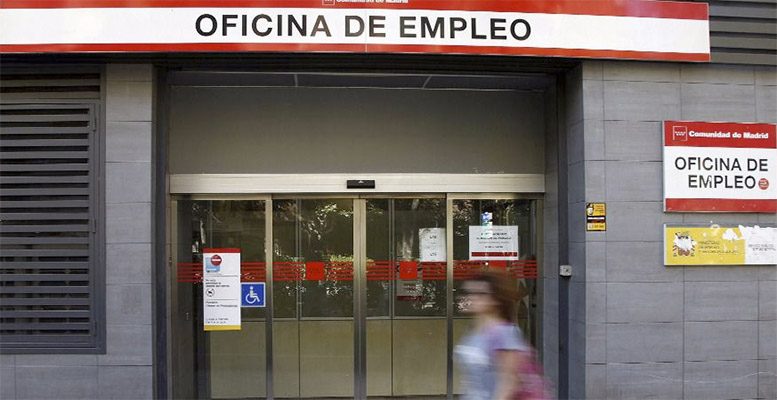Fernando González Urbaneja | The coalition government’s agreement is apparently up in the air as far as the repeal of the 2013 labour reform is concerned. That is the message conveyed by some spokespersons from the purple sector (UP) of the government last Saturday. The response from the red zone (PSOE) of the government, i.e. the Moncloa, is to the contrary, that there are no problems, the coalition is firm. The reality is that neither the purples nor the reds are interested in a government crisis of greater scope than the one sparked by the failure in the regional elections in Madrid last March.
The repeal of the labour reform, like the penal code, are mantras for rallies and little more. Repealing existing laws means annulling them in order to replace them; just repealing them would be insufficient, it would mean going back to something that did not work. So the labour counter-reform involves proposing another substitute law. This government has been in office for two years now (three since the no-confidence vote), with the offer of this counter-reform at the forefront. And during such a long period of time, no draft bill (a decree law would be eccentric) has come out of the government with wording that modifies what it calls the “harmful norms” of that reform. This is without losing sight of the part of the previous reform (Zapatero’s) that so annoyed the unions they threatened a general strike.
Pedro Sánchez has promised in some ad hoc forums to repeal the labour reform. However, in other forums he has argued the opposite and flagged a revision of the Workers’ Statute, taking into account the new labour frameworks of the 21st century.
A lot of talk and few specifics; mere appearances. What bothers the trade unions about the 2013 labour reform is that it took away some of their power in favour of employers. A debatable thesis, not least because in practice the 2013 reform’s amendments were weakened by the ambiguities of the draf text and by court rulings. Thes have limited the effects of the reform.
The unions criticise the fact that the company agreement has more validity than the sectoral or territorial agreement. The reality of recent years shows that this possibility has not encouraged these company agreements which, in theory, weaken trade union power. The same applies to the ultra-activity of agreements which remain in force beyond their term, until another one is negotiated. Basically, these are trivialities within a labour market framework that has been malfunctioning in Spain for decades. It has resulted in a society with high unemployment, precariousness and low wages. In short, a labour hell.
What is urgent and important would be a real labour reform, especially if the aim is to create stable and well-paid employment. Instead, we are facing a political confrontation of power within the government itself between the purples and the reds. They want to pretend to be on the left because they protect the unions in order to bring them closer to the ruling party. Perhaps the Ministry of Labour should be called the Ministry of Trade Union Relations. There has already been one.





